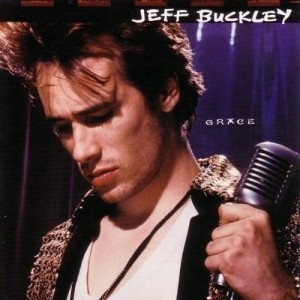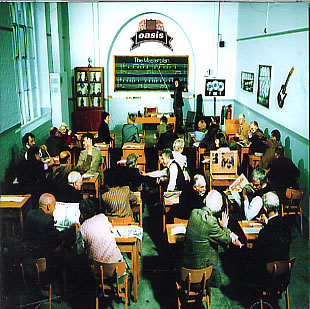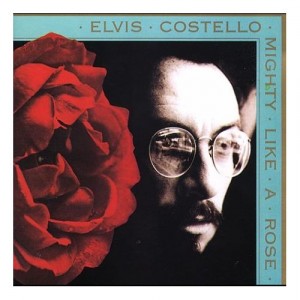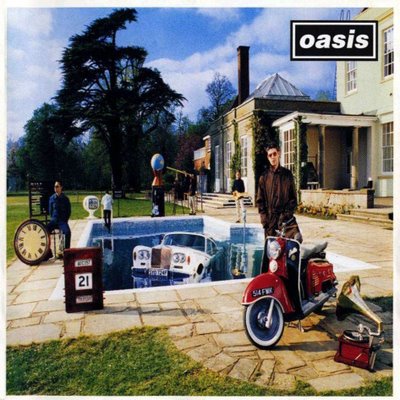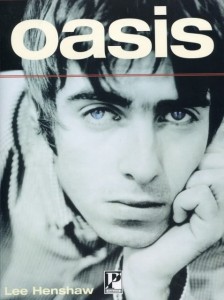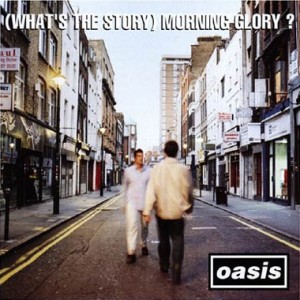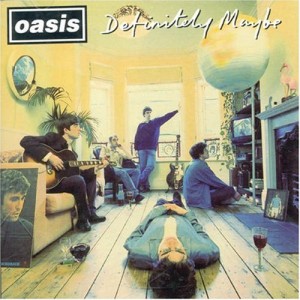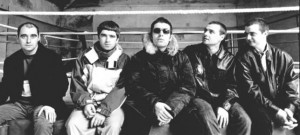Read the first part of the review here. It mostly revolves around “Hallelujah” and “Last Goodbye”.
Any person who has to analyze “Grace” will necessarily have to split the review in (at least) two parts, since both “Last Goodbye” and “Hallelujah” deserve a major treatment. As a matter of fact, a Guardian critic even stated that “Hallelujah” was positioning itself as the most discussed song ever in the history of music. Looks like I made an (involuntary) contribution in part 1 of the review.
But there are other things going on in Buckley’s debut, and while the two classics elevate the album the disc would fall after heightening pretty quickly if it weren’t for some songs that are found on the second side. The few songs I don’t think that much of are all segregated on the first side, after “Last Goodbye”.
The second side is far more cogent, as it has “Lover, You Should’ve Come Over”, “Corpus Christi Carol”, “Dream Brother” and “Eternal Life”. “Lover You Should’ve Come Over” in particular is revered by fans, and a poll I came across recently did amaze me because it was voted the second best song on the album after a knock-out tournament that saw “Last Goodbye” dropped from the running order after the second bout. The song is easy to like, with its backing vocals that match the excellence of the lead. Along with “Mojo Pin” and “Dream Brother” it is the best exponent of the dream-like mood the disc creates. That mood is difficult to define, actually. You listen to these songs and your head sort of goes up in the clouds, but at the same time you couldn’t keep a foot more firmly planted on reality. It is the strangest ethereal sensation I have ever felt, and I think the appeal of Jeff’s music lies there – in some place between what is here and what lies somewhere else.
And what we have here and what lies beyond this life is the theme par excellence of the disc, of course. “Corpus Christi Carol” is one of the clearest examples, with Jeff singing the Middle English Rhyme about a falcon who takes the loved one of a singer away. The singer goes after the falcon, and then he arrives at a chamber in which his beloved lies next to a bleeding knight and a tomb with Christ’s body in it. It is hard not to notice that the Carol has seven stanzas (like the Deadly Sins), and that Christ name is used in the final one only. Continue reading

